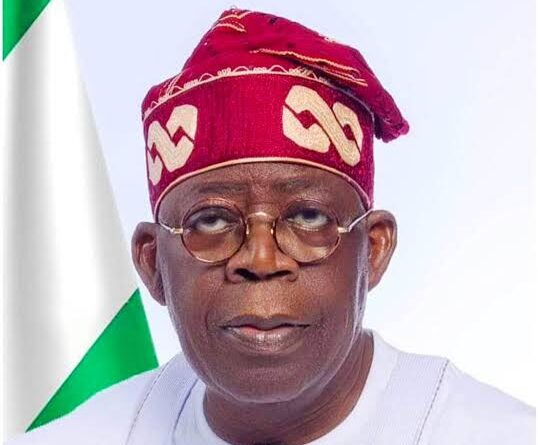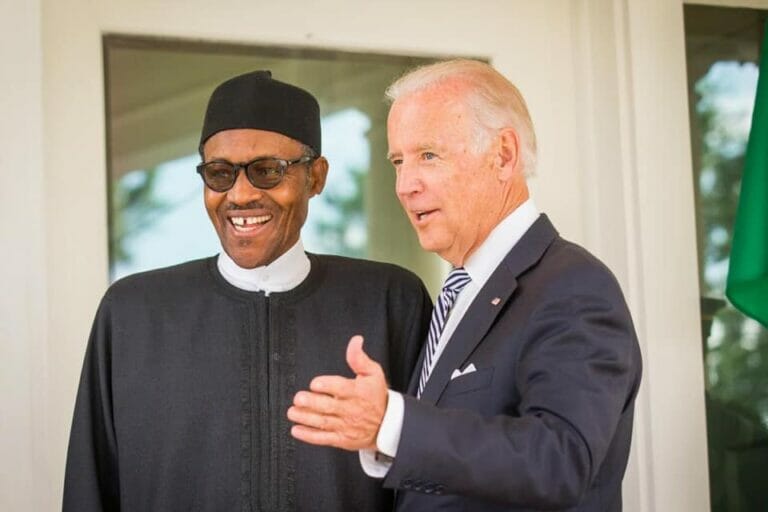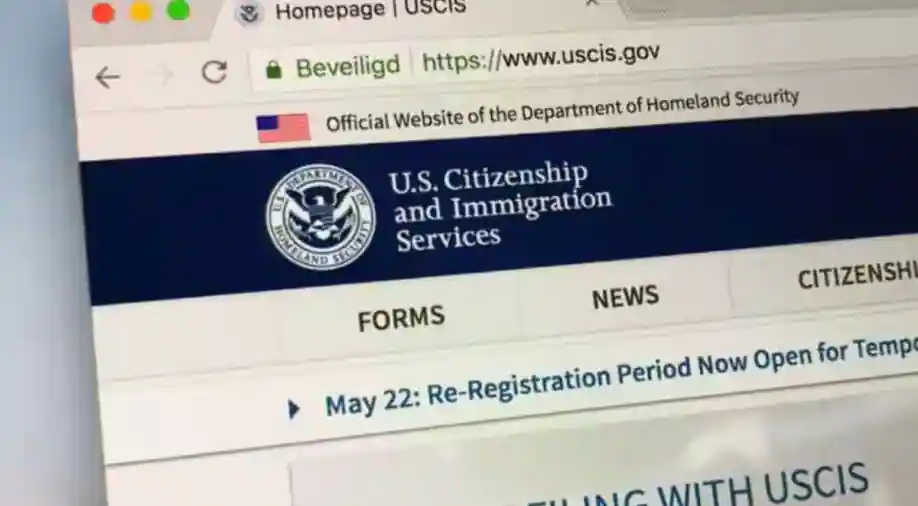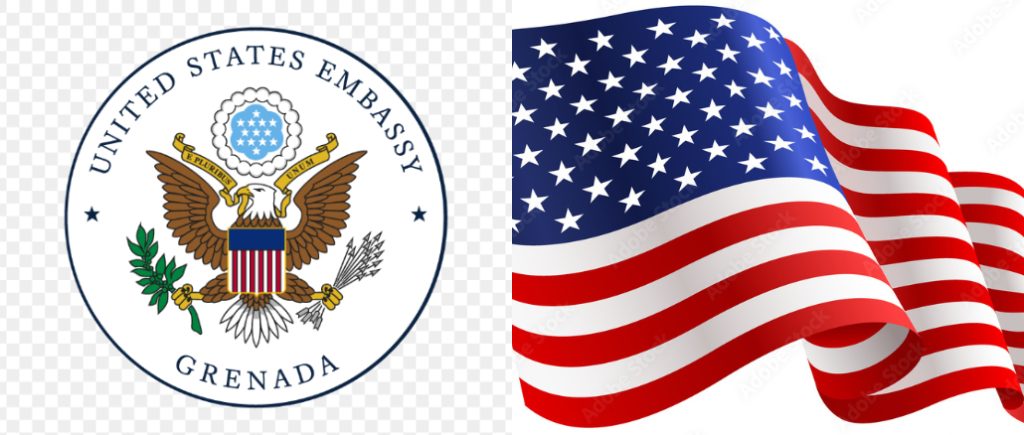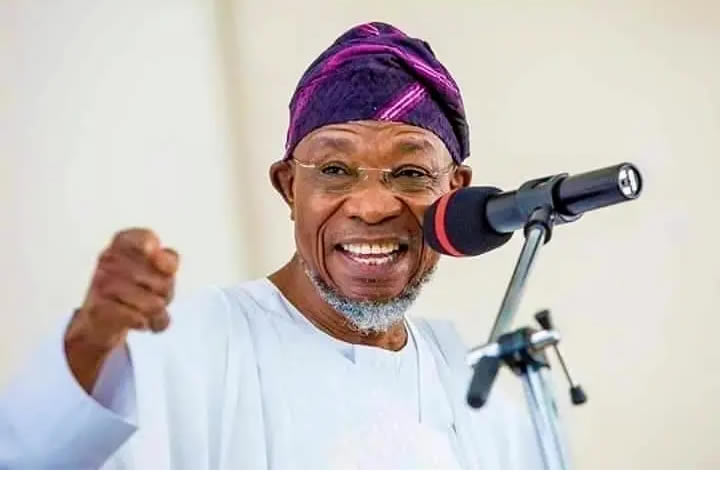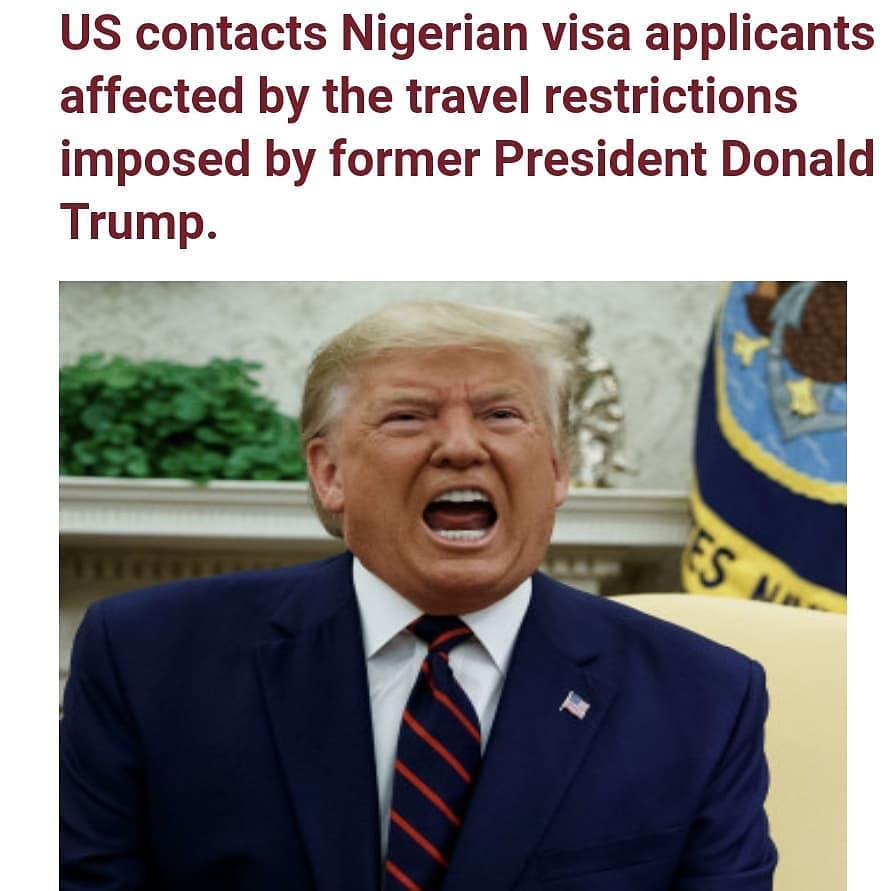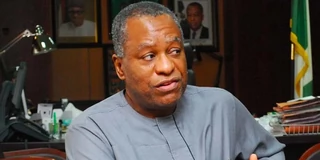Nigeria Faults US Over Visa Restrictions and Denies Cancelling Five-Year Visas
The Nigerian Presidency has strongly disagreed with the United States over its new visa rules for Nigerian citizens. The US recently reduced non-immigrant visas for Nigerians—such as tourist, business, student, and exchange visas—from multiple entries lasting up to five years to a single-entry, three-month limit. These changes took effect in early July 2025.
In response, Nigeria’s government said the decision was unfair and not based on the truth. A statement from President Bola Tinubu’s Special Adviser on Information and Strategy, Bayo Onanuga, said the claim that Nigeria failed to reciprocate the US visa policy is false.
The Presidency also denied rumours that Tinubu had cancelled five-year visas for Americans. It described such claims as fake news and misinformation. The statement confirmed that Nigeria continues to issue five-year, multiple-entry visas to US citizens, based on long-standing agreements between both countries.
Onanuga explained that President Tinubu had even issued a directive for all international agreements to be respected, including those that promote equal treatment in visa policies.
The confusion grew worse after Nigeria launched a new 90-day e-visa. However, the government clarified that the shorter visa only applies to the new digital visa-on-arrival system and not to regular visa types. The e-visa was introduced to replace the older system, which was slow and sometimes used to extort travellers.
According to the Presidency, the new e-visa is a better option for tourists and business visitors who want quick entry into Nigeria without long application processes. The visa is processed online and delivered within 48 hours.
Despite Nigeria offering e-visas to Americans, the US has not returned the gesture. The Presidency said this lack of equal treatment goes against the idea of mutual respect that has guided relations between both countries for decades.
The government also said it is ready to continue discussions with the United States to resolve the issue through diplomatic channels. It stressed that strong ties between both nations should be built on fairness, cooperation, and understanding.

